

Orri de Planès
Trailside eco-lodge
To go hiking, to visit the region or
to enjoy the ski resorts located nearby,
we will be delighted to welcome you to our lodge inn.
Delphine & Julien
contact@orrideplanes.com
+33 4 68 04 29 47
+33 6 22 32 25 32

Welcome to Orri of Planès,
an eco-responsible lodge in the heart of the eastern Pyrenees.
Our accommodation

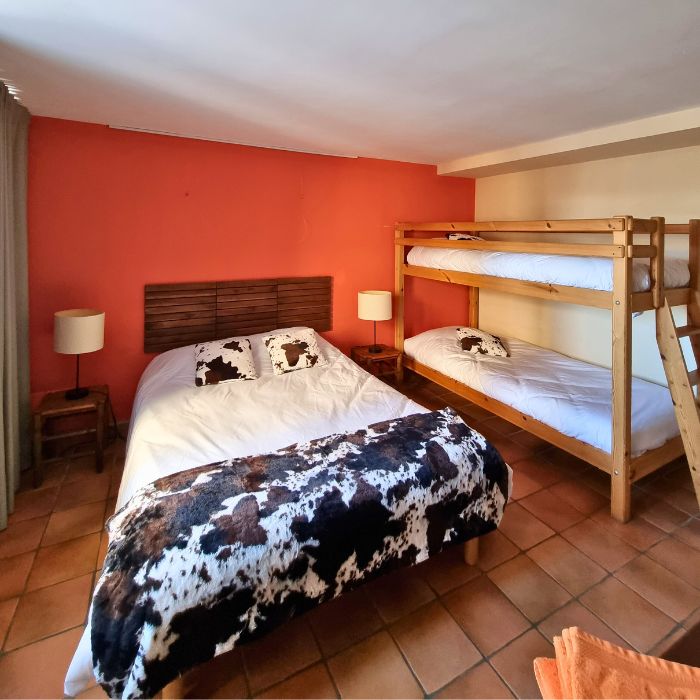
Guest room
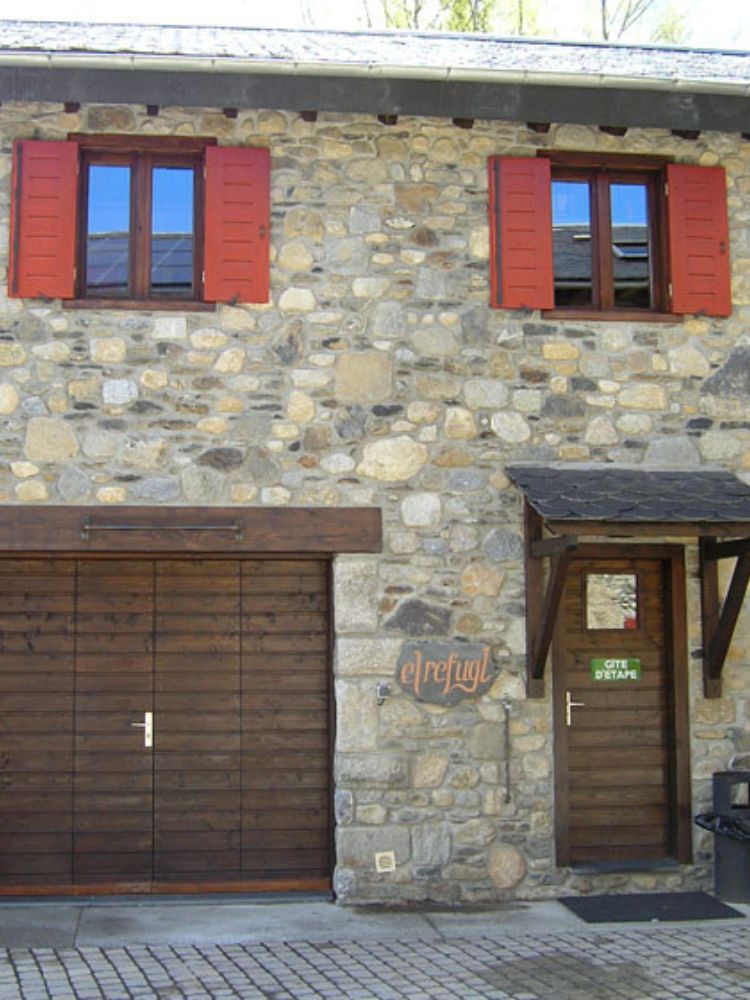
Lodging
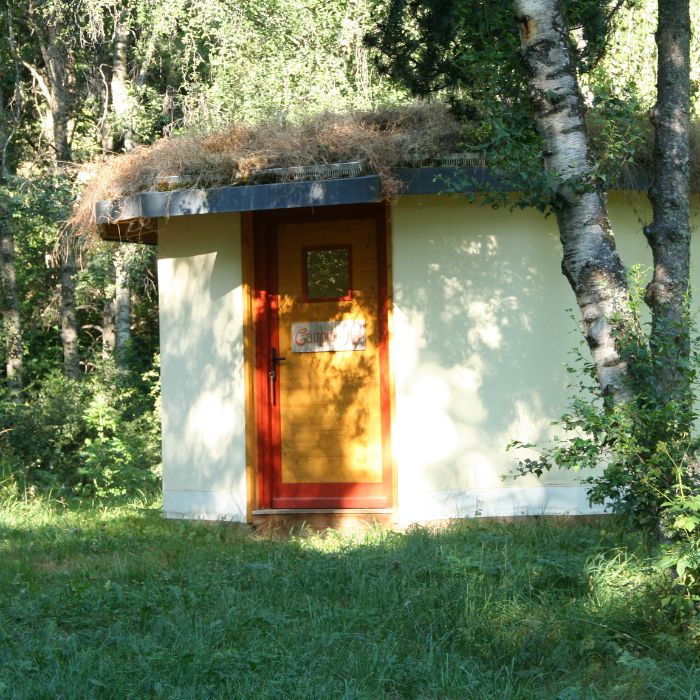
Outdoors
Bivouac and Yurts
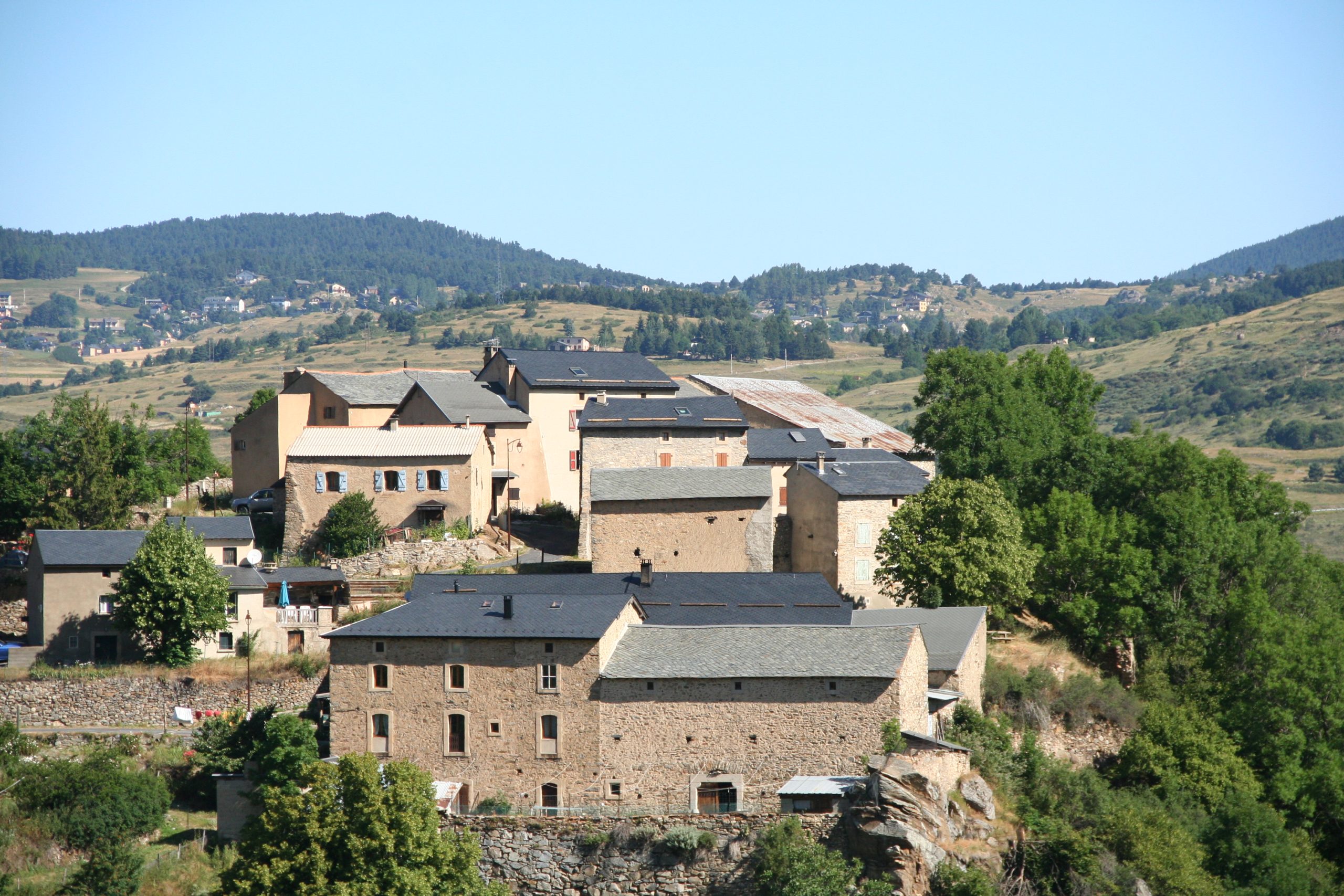
Location

In the heart of the Eastern Pyrenees
on the GR10 and GR36 route
and close to the region’s ski resorts
(Font Romeu, Pyrenees 2000, Cambre d’Aze, Les Angles)

Cases del Mitg 66210 Planès
contact@orrideplanes.com
+33 4 68 04 29 47
+33 6 22 32 25 32
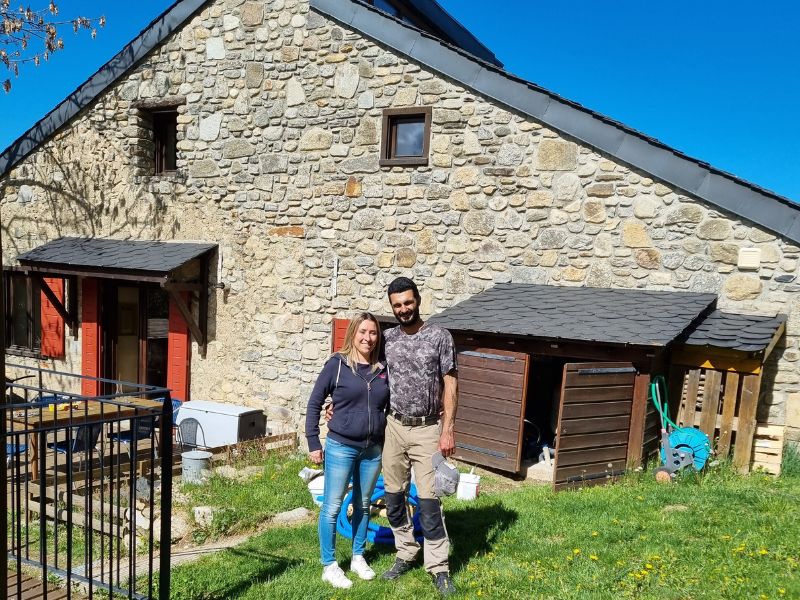
A tailor-made welcome

Delphine and Julien welcome you to Planès, a small mountain village, in their eco-responsible lodge inn from the end of November to mid-October.
The lodge consists of a guest house (5 rooms), a stopover lodge for hikers, 4 yurts and a bivouac area.
The cuisine is homemade using local and seasonal products.